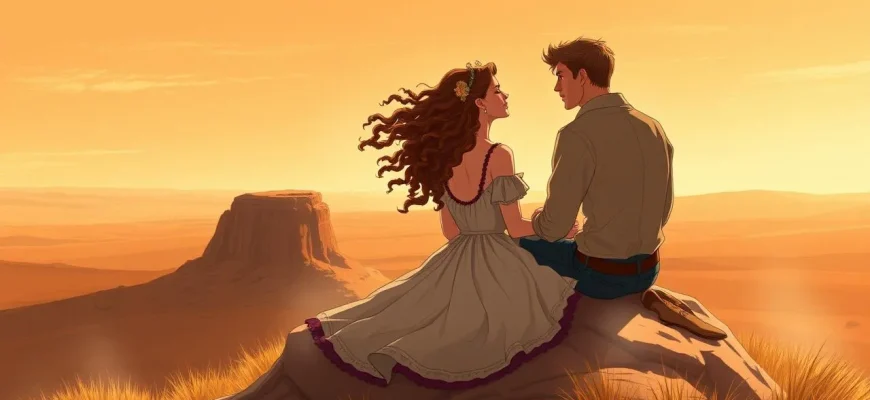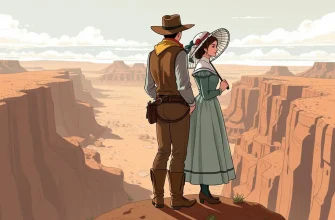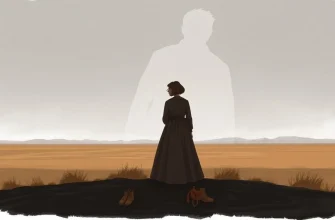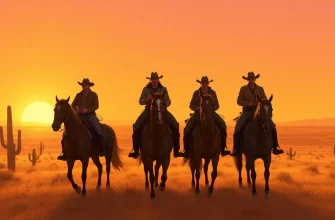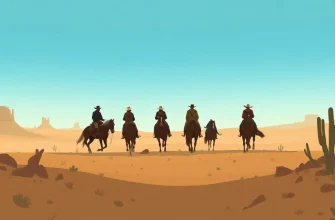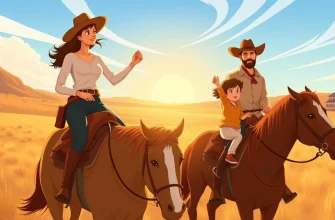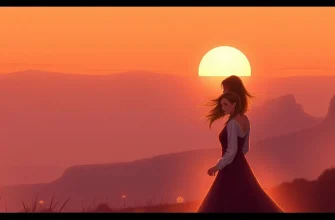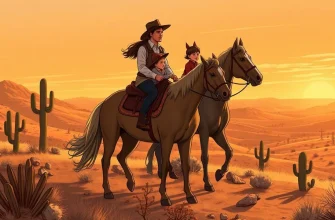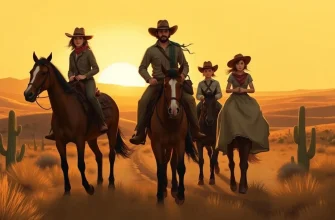The Wild West, with its rugged landscapes and lawless charm, has always been a fertile ground for storytelling. But what happens when you mix the untamed frontier with the intimate, often tumultuous, institution of marriage? This curated list of 10 Western films delves into the complexities of relationships set against the backdrop of the American frontier. From tales of love and betrayal to stories of redemption and partnership, these films offer a unique perspective on how marriage can both thrive and falter in the wild, wild west. Whether you're a fan of classic Westerns or looking for something with a modern twist, this collection promises to entertain and perhaps even enlighten you on the dynamics of love in the Old West.
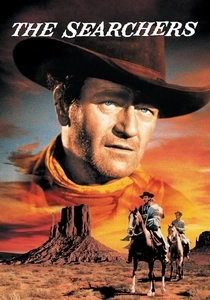
The Searchers (1956)
Description: Ethan Edwards' obsessive quest to rescue his niece from Comanche kidnappers is intertwined with his complex relationship with his brother's wife, Martha. The film subtly explores the impact of marriage and family on personal motivations and identity.
Fact: John Wayne's character, Ethan Edwards, is considered one of his most complex roles, showcasing a darker side of the Western hero.
 Watch Now
Watch Now 
3:10 to Yuma (1957)
Description: This film focuses on a rancher, Dan Evans, who agrees to escort an outlaw, Ben Wade, to the train that will take him to prison. The journey becomes a test of Dan's marriage and his relationship with his son, highlighting the sacrifices made for family.
Fact: The 2007 remake starring Russell Crowe and Christian Bale is also highly regarded, but the original is a classic in its own right.
 Watch Now
Watch Now 
The Big Country (1958)
Description: A sea captain arrives in the West to marry his fiancée but finds himself caught in a feud between two families. His relationship with his fiancée and her family tests the strength of marriage in the face of external conflicts.
Fact: The film features an epic score by Jerome Moross, which has become iconic in Western film music.
 Watch Now
Watch Now 
The Man Who Shot Liberty Valance (1962)
Description: While not explicitly about marriage, this film explores the dynamics of love and partnership through the lens of a love triangle involving a schoolteacher, a rancher, and a gunslinger. The themes of loyalty and sacrifice in relationships are central to the narrative.
Fact: John Ford directed this film, which is often considered one of the greatest Westerns ever made, and it was the last time John Wayne and James Stewart appeared together in a film.
 Watch Now
Watch Now 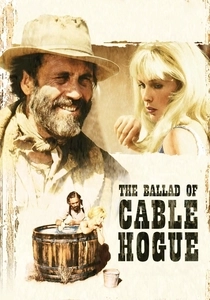
The Ballad of Cable Hogue (1970)
Description: This film tells the story of Cable Hogue, a prospector who, after being left for dead in the desert, finds water and builds a way station. His journey includes a love affair with Hildy, a prostitute, exploring themes of love, redemption, and the unconventional nature of marriage in the West.
Fact: This was Sam Peckinpah's first film after the controversial "The Wild Bunch," and it's known for its blend of humor and pathos.
 Watch Now
Watch Now 
The Cowboys (1972)
Description: When his regular crew abandons him, a rancher hires schoolboys to drive his cattle to market. His relationship with his wife, who supports his decision, underscores themes of partnership and the unconventional family unit.
Fact: John Wayne's character in this film was one of his last roles before his death, and it's known for its gritty realism.
 Watch Now
Watch Now 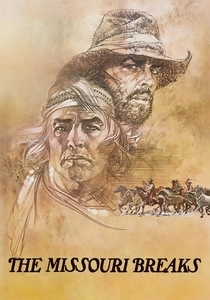
The Missouri Breaks (1976)
Description: While primarily a tale of a cattle rustler and a hired gun, the film delves into the personal lives of its characters, including the relationships and marriages that shape their actions.
Fact: This was one of the last films for both Marlon Brando and Jack Nicholson, showcasing their unique acting styles in a Western setting.
 Watch Now
Watch Now 
The Outlaw Josey Wales (1976)
Description: Josey Wales, seeking revenge after the murder of his family, finds companionship and a new family among a diverse group of outcasts. His relationship with a Native American woman, Lone Watie, touches on themes of partnership and the makeshift families formed in the West.
Fact: Clint Eastwood not only starred in but also directed this film, marking a significant point in his career transition from actor to director.
 Watch Now
Watch Now 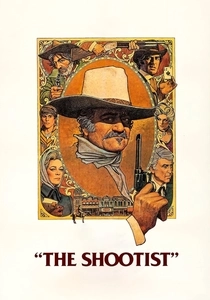
The Shootist (1976)
Description: J.B. Books, an aging gunfighter, seeks to die with dignity, but his relationship with a widow and her son explores themes of legacy, family, and the impact of one's past on future generations.
Fact: This was John Wayne's final film role, and it was a poignant reflection on his own career and the Western genre.
 Watch Now
Watch Now 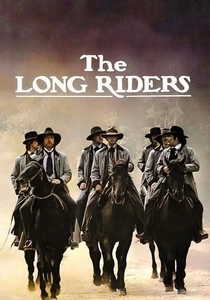
The Long Riders (1980)
Description: This film follows the James-Younger gang, focusing on the brothers' relationships and their impact on their personal lives, including marriages and partnerships.
Fact: The film uniquely cast real-life brothers to play the brothers in the gang, adding authenticity to the family dynamics.
 Watch Now
Watch Now 
